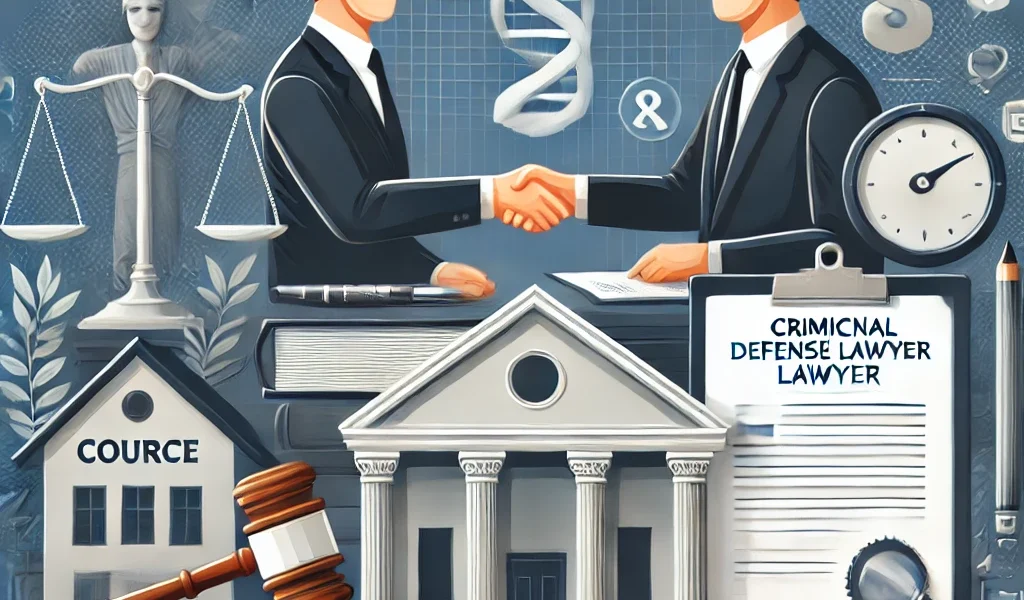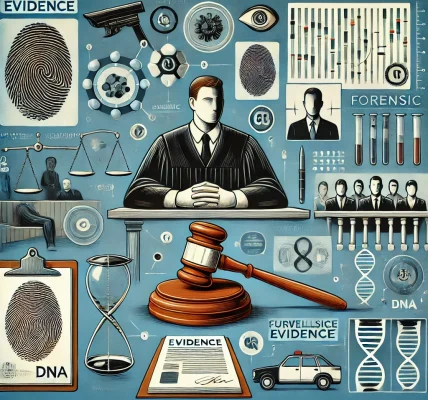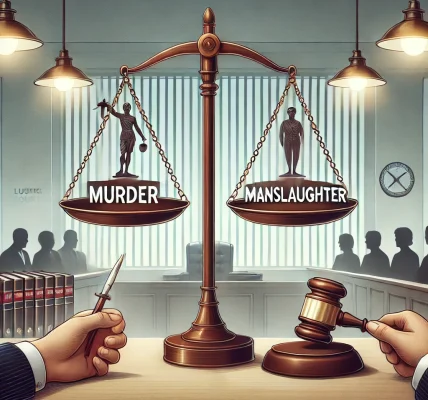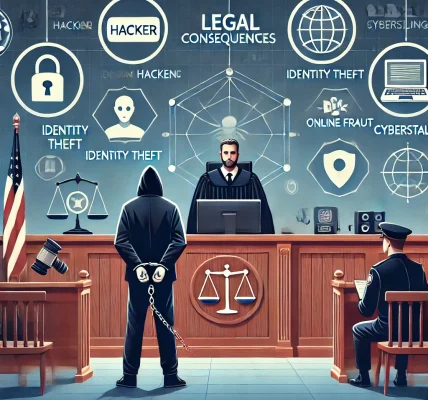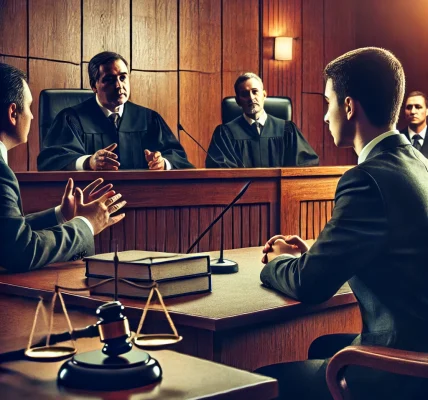Introduction
Facing criminal charges is a serious matter that can impact your future, reputation, and freedom. Choosing the right criminal defense lawyer can make a significant difference in the outcome of your case. With many attorneys available, finding the best one for your specific situation requires careful consideration.
This guide will walk you through the key factors to consider when selecting a criminal defense lawyer, ensuring that you make an informed decision.
Why You Need a Criminal Defense Lawyer
A criminal defense attorney is essential for navigating the complex legal system, protecting your rights, and building a strong defense. Without proper legal representation, you may face severe penalties, including imprisonment, fines, and a permanent criminal record.
Here’s why hiring a skilled lawyer is crucial:
- Legal Expertise – Understanding of criminal laws and legal procedures.
- Negotiation Skills – Ability to negotiate plea deals and reduce charges.
- Courtroom Experience – Expertise in presenting cases in front of judges and juries.
- Protection of Rights – Ensuring you are treated fairly throughout the legal process.
Key Factors to Consider When Choosing a Criminal Defense Lawyer
1. Experience in Criminal Law
Not all lawyers specialize in criminal defense. Choose an attorney with a strong background in criminal law and experience handling cases similar to yours. Consider:
- Years of experience in criminal defense.
- Success rate in cases similar to yours.
- Familiarity with local courts and legal procedures.
2. Specialization in Your Type of Case
Criminal law covers various offenses, such as:
- DUI/DWI (Driving Under the Influence)
- Drug Crimes
- White-Collar Crimes (fraud, embezzlement)
- Violent Crimes (assault, homicide)
- Sex Crimes
- Juvenile Crimes
Ensure the lawyer specializes in handling cases related to your charges.
3. Reputation and Client Reviews
A lawyer’s reputation can indicate their reliability and effectiveness. Research:
- Online reviews and ratings from past clients.
- Testimonials on their website.
- Bar Association records to check for complaints or disciplinary actions.
- Word-of-mouth recommendations from trusted sources.
4. Strong Communication Skills
Your lawyer should:
- Explain legal terms and procedures clearly.
- Keep you informed about case progress.
- Be responsive to calls and emails.
A lawyer who communicates effectively ensures you understand your options and feel confident in your defense strategy.
5. Availability and Commitment
Avoid lawyers who handle too many cases at once. You need someone who:
- Gives your case personal attention.
- Has time for meetings and court appearances.
- Prepares a strong defense strategy without delays.
6. Fee Structure and Affordability
Legal fees vary based on experience, location, and case complexity. Ask about:
- Hourly rates vs. flat fees.
- Payment plans or financing options.
- Additional costs for investigations or expert witnesses.
A clear understanding of legal fees helps you avoid financial surprises.
7. Success Rate and Trial Experience
While many cases settle before trial, it’s essential to have a lawyer with courtroom experience in case your case goes to trial. Ask about:
- Number of cases won or dismissed.
- Experience negotiating plea deals.
- Confidence in presenting a defense in court.
8. Local Court Experience
Hiring a lawyer familiar with local courts, judges, and prosecutors can be advantageous. A local attorney understands:
- The tendencies of local judges.
- The prosecution’s strategies.
- The best ways to negotiate plea deals.
9. Ethical and Professional Conduct
Your lawyer should be professional, honest, and ethical. Warning signs to avoid:
- Making guarantees about the outcome.
- Pressuring you to accept a plea deal without explanation.
- Lack of transparency in fees and services.
10. Free Consultation or Case Evaluation
Many lawyers offer a free consultation to discuss your case. Use this opportunity to:
- Ask questions about their experience and approach.
- Discuss potential strategies for your defense.
- Evaluate if they make you feel comfortable and confident.
Questions to Ask a Criminal Defense Lawyer
When meeting with a lawyer, ask:
- How many years have you practiced criminal law?
- Have you handled cases similar to mine before?
- What is your approach to defending my case?
- What are the possible outcomes and penalties?
- How often do you take cases to trial vs. settle them?
- What is your fee structure, and do you offer payment plans?
- Will you personally handle my case, or will it be assigned to another lawyer?
How to Find a Criminal Defense Lawyer
You can find a reputable lawyer through:
- Referrals – Ask family, friends, or colleagues.
- State Bar Association Websites – Check lawyer directories and credentials.
- Online Legal Directories – Use platforms like Avvo, Martindale-Hubbell, and Justia.
- Public Defenders – If you cannot afford a private lawyer, you may qualify for a public defender.
The Importance of Acting Quickly
If you are facing criminal charges, do not delay in hiring a defense lawyer. Early legal representation helps:
- Prevent self-incrimination.
- Build a stronger case with proper evidence.
- Negotiate better plea deals.
- Reduce the risk of severe penalties.
Conclusion
Choosing the right criminal defense lawyer is one of the most important decisions you will make when facing criminal charges. By considering experience, specialization, reputation, and communication skills, you can find a lawyer who will protect your rights and fight for the best possible outcome.
